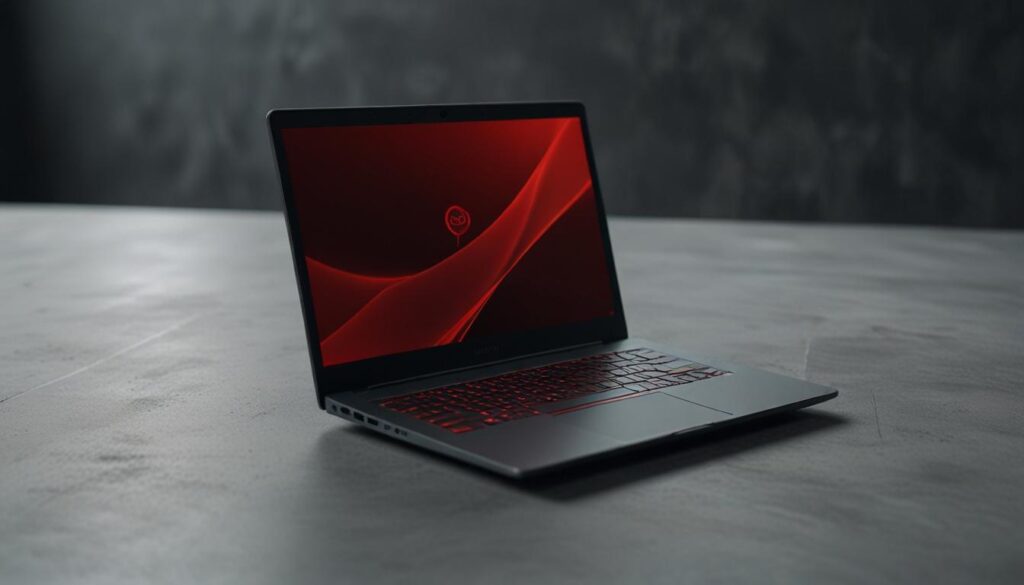Computer giants Apple, HP, Dell, Acer, Asus, and Lenovo are gearing up to launch AI-equipped laptops in response to a decline in PC sales. These advanced models feature NPUs for AI tasks, promising enhanced performance and personalised user experiences.
AI Integration in PCs Set to Transform Computing Experience
Leading computer manufacturers such as Apple, HP, Dell, Acer, Asus, and Lenovo are gearing up to introduce laptops equipped with artificial intelligence (AI) capabilities. This new development comes in response to a recent downturn in PC sales, which saw an 11% decline last year, in contrast to the surge in demand during the pandemic lockdowns when many people worked and studied from home.
Starting next month, these AI PCs will hit the market, marking a significant technological upgrade. Unlike traditional PCs, the new models will include a neural processing unit (NPU) in addition to the central processing unit (CPU) and graphics processing unit (GPU). This NPU is specifically designed to handle AI-intensive tasks and machine learning applications that have typically required cloud-based processing.
Microsoft’s new Copilot+ PCs will be among the first to feature this innovation. These include Microsoft Surface laptops and other third-party Windows devices. A standout feature will be “Recall,” a record-keeping tool that tracks user activities across apps, meetings, and websites, creating a searchable timeline. Microsoft asserts that this data stays on the device, stored securely in encrypted memory.
The upgraded hardware aims to enhance AI-driven functionalities like Microsoft’s Copilot and third-party applications, potentially improving overall CPU performance for mundane computing tasks. This shift towards edge computing signifies that more AI processes will occur directly on laptops and phones rather than via remote servers, thanks to the new NPUs capable of 40 trillion operations per second (TOPS).
As computer makers embrace this AI revolution, users can expect more personalized and efficient computing experiences driven by their usage patterns.

